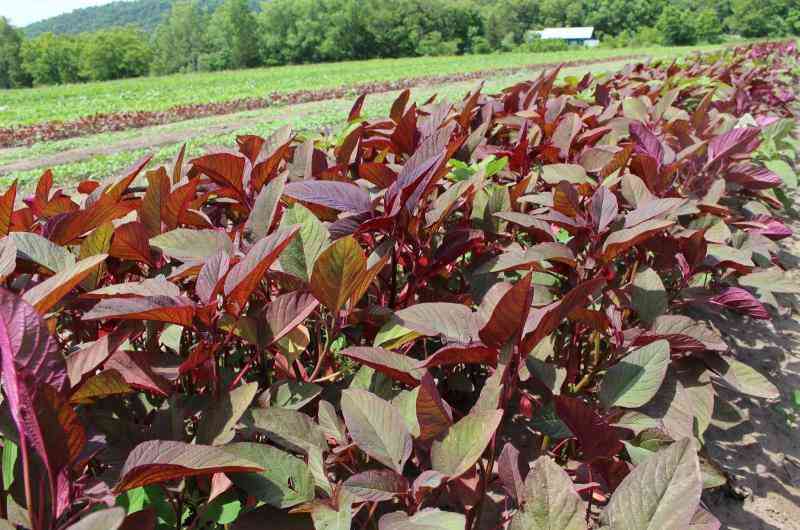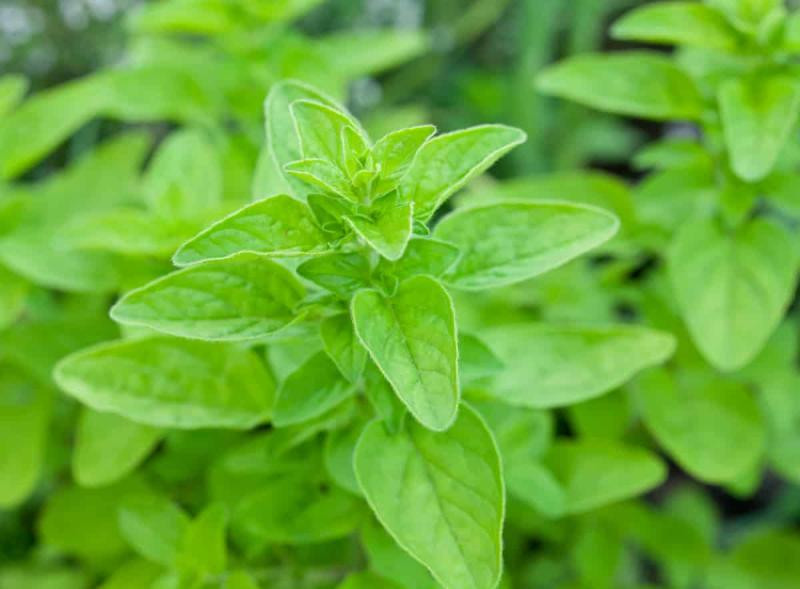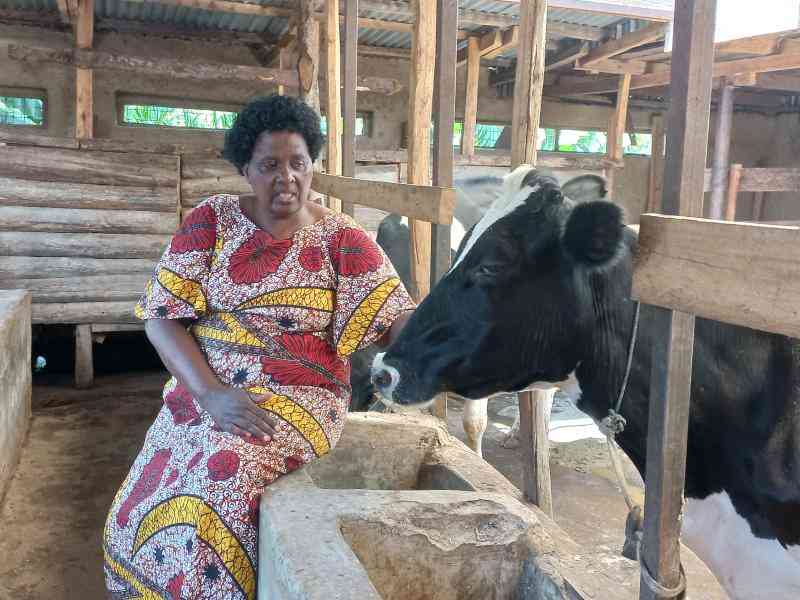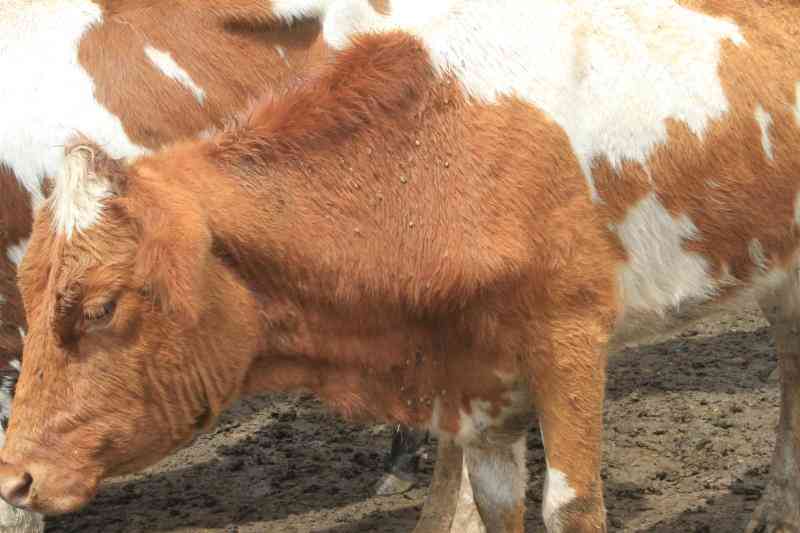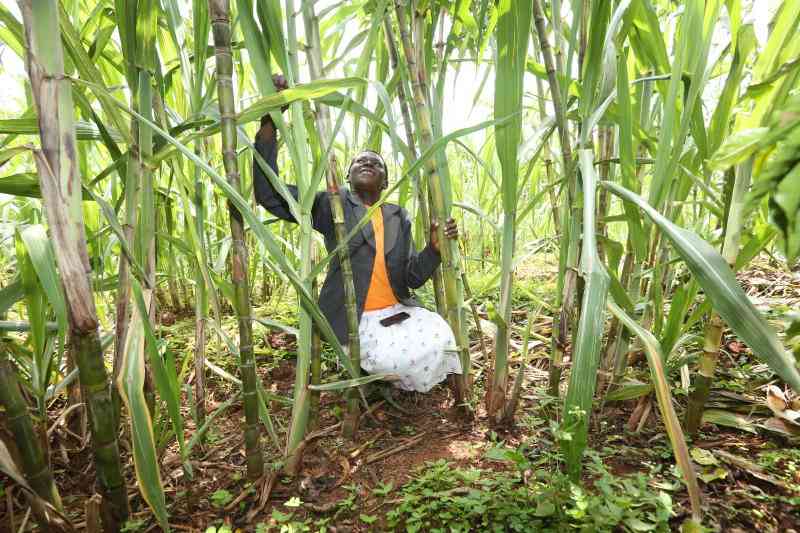The importance of research in agriculture cannot be gainsaid. Agriculture, being the cornerstone of many developing countries, deserves more attention in the Kenya’s scientific policy environment.
Growth prospects in the developing world’s agricultural sector have been mainly primed on development law and policy interventions where the supply system is the main consideration, but now more effort is needed for this crucial sector to be placed under compensatory policy interventions where grants and subsidies will be offered to farmers.
I will give examples why research is critical in food security agenda.
The infrequent deployment of traditional African crops and adoption of exotic foods has greatly cemented fight against food insecurity in the developing world. Most of these adopted temperate crops are used to a cold environment with the resulting congruent seasonal variations and thus not well adapted to the tropical climate. This has made them highly susceptible and prone to the effects of the harsh environmental conditions in the tropics.
On the other hand, traditional African and Third World crops are often more tolerant to these harsh conditions.
Research by scholars such as Prof Mary Abukutsa-Onyango, a pioneer horticulturalist, and Dr Peter Maundu, in conjunction with other scientists at the Kenya Forestry Research Institute (KEFRI), the International Plant Genetic Resources Institute, World Agroforestry Centre, and the Kenya Agricultural and Livestock Research Organisation (KALRO), have found that many of the traditional African crops have superior genetic qualities and higher nutritional value. Similarly, certain crops, such as cassava, and some African traditional crops have been found to contain high levels of anti-nutrients such as cyanide-based compounds and nitrates.
Scientific research methodologies like genetic engineering can be used to manipulate the DNA of these crops such that the genes promoting production of the harmful compounds are deleted or blocked.
This will go a long way in improving food security, especially in arid parts of the developing world.
Globally, the Convention on Biological Diversity protocols requiring member countries to put into place frameworks for conservation of their ecological biodiversities is commendable and a step in the right direction. In Kenya, a collaborative project called ‘Seeds for Life,’ began in 2000 and extends to 2010 by KALRO, KEFRI, the National Museums of Kenya and the Kenya Wildlife Service, has been instrumental in the preservation of the local plant seed biodiversity.
So far, the project has conserved slightly over tens of thousands of different plant seeds ex-situ (away from the natural habitat).
But still there is work to be done given that the intellectual Property Rights, in as far as scientific inventions and innovations and indigenous knowledge are concerned, is being broached. This has created ease for Kenya’s researchers and innovators who are able to patent their research and thereby make a good living through their earnings. Many have chosen to migrate to the developed world where they get better remuneration and well-equipped research infrastructure.
Going forward, science, being a boon to socio-economic growth and development, should be given a high priority by Africa and the Third World. Only then will they be able to keep pace with economic trends the world over.
[The writer is a B.Sc.Horticulture, M.Sc.Horticulture student at Maseno University]
To contribute to this section send your 700 word opinion to [email protected]
Want to get latest farming tips and videos?
Join Us
 The Standard Group Plc is a multi-media organization
with investments in media platforms spanning newspaper print operations,
television, radio broadcasting, digital and online services. The Standard Group
is recognized as a leading multi-media house in Kenya with a key influence in
matters of national and international interest.
The Standard Group Plc is a multi-media organization
with investments in media platforms spanning newspaper print operations,
television, radio broadcasting, digital and online services. The Standard Group
is recognized as a leading multi-media house in Kenya with a key influence in
matters of national and international interest.
 The Standard Group Plc is a multi-media organization
with investments in media platforms spanning newspaper print operations,
television, radio broadcasting, digital and online services. The Standard Group
is recognized as a leading multi-media house in Kenya with a key influence in
matters of national and international interest.
The Standard Group Plc is a multi-media organization
with investments in media platforms spanning newspaper print operations,
television, radio broadcasting, digital and online services. The Standard Group
is recognized as a leading multi-media house in Kenya with a key influence in
matters of national and international interest.

